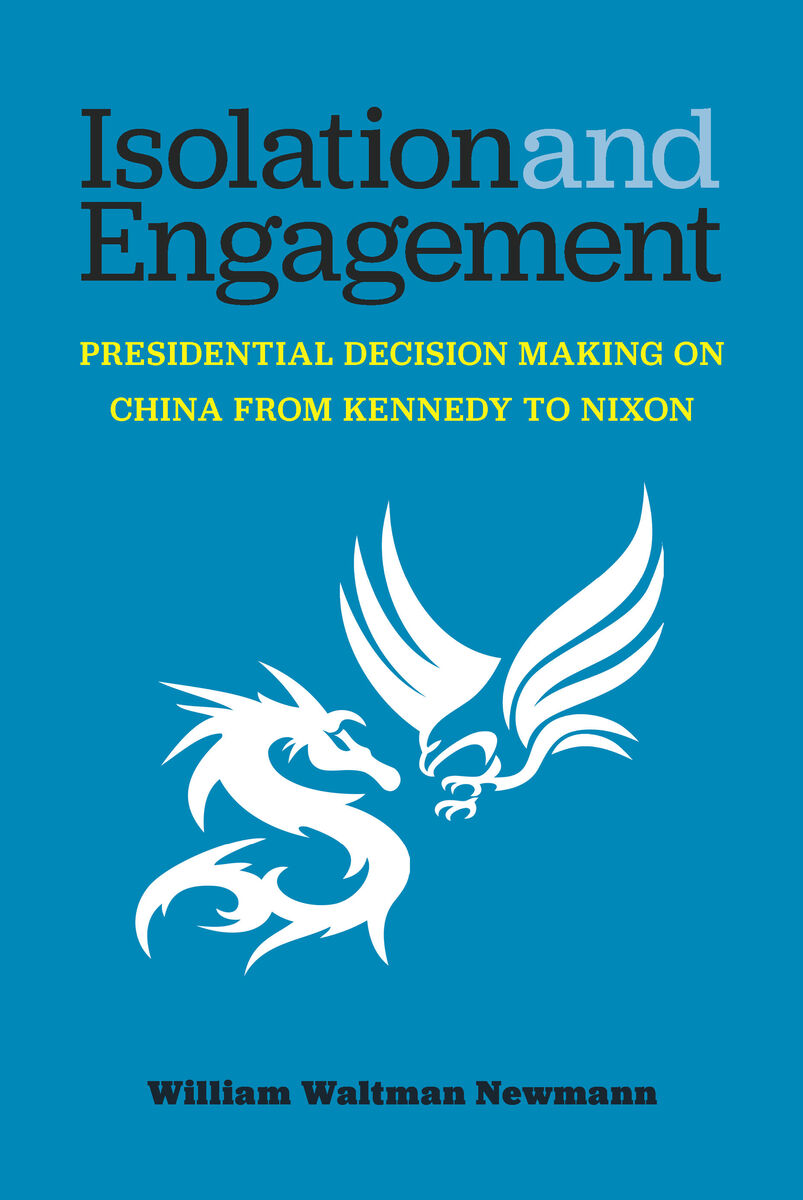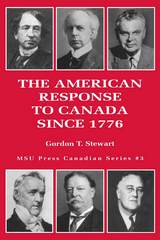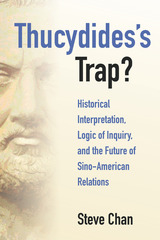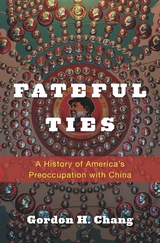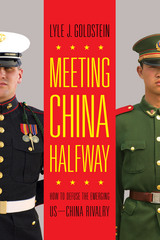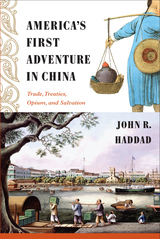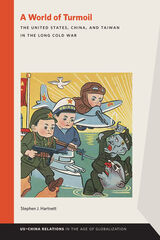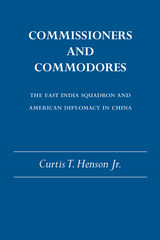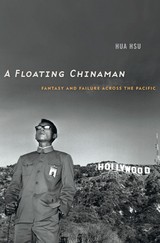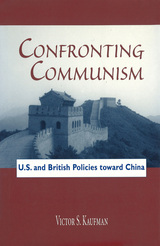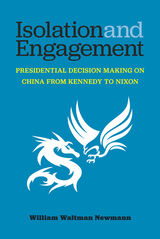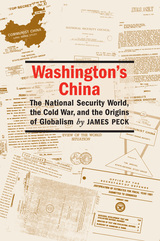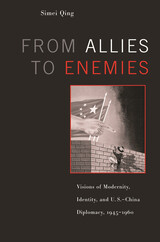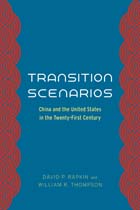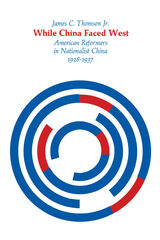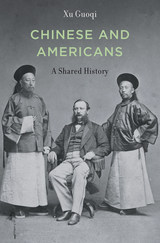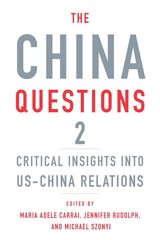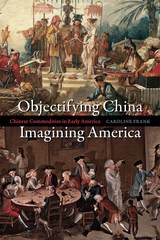Isolation and Engagement: Presidential Decision Making on China from Kennedy to Nixon
University of Michigan Press, 2022
Cloth: 978-0-472-13308-6 | Paper: 978-0-472-04004-9 | eISBN: 978-0-472-22028-1 (standard)
Library of Congress Classification E183.8.C5N43 2022
Dewey Decimal Classification 327.730510904
Cloth: 978-0-472-13308-6 | Paper: 978-0-472-04004-9 | eISBN: 978-0-472-22028-1 (standard)
Library of Congress Classification E183.8.C5N43 2022
Dewey Decimal Classification 327.730510904
ABOUT THIS BOOK | AUTHOR BIOGRAPHY | REVIEWS | TOC | REQUEST ACCESSIBLE FILE
ABOUT THIS BOOK
Presidents and their advisors consistently seek to improve the management of their foreign policy decision processes. This book analyzes the successes and failures of administrations from Kennedy to Nixon as they sought to strike a balance between the personal style of the president and the need for a strong interagency structure that could systematically evaluate policy options. The narrative focuses on US decision making on China and Taiwan during the crucial era when the US was considering moving from a policy of isolating China to a policy of engagement, culminating in Nixon’s historic 1972 trip to China. William Waltman Newmann has created an Evolution-Balancing model, tested with case studies focusing on China policy by Kennedy, Johnson, Nixon, and Ford, showing how the relationships between a president and his advisors change based on the weaknesses or pathologies of the president’s management style. The author’s research is based on declassified archival material from the Eisenhower, Kennedy, Johnson, Nixon, and Ford presidential libraries.
See other books on: 1917-1963 | Diplomacy | Engagement | Executive Branch | Kennedy, John F. (John Fitzgerald)
See other titles from University of Michigan Press
